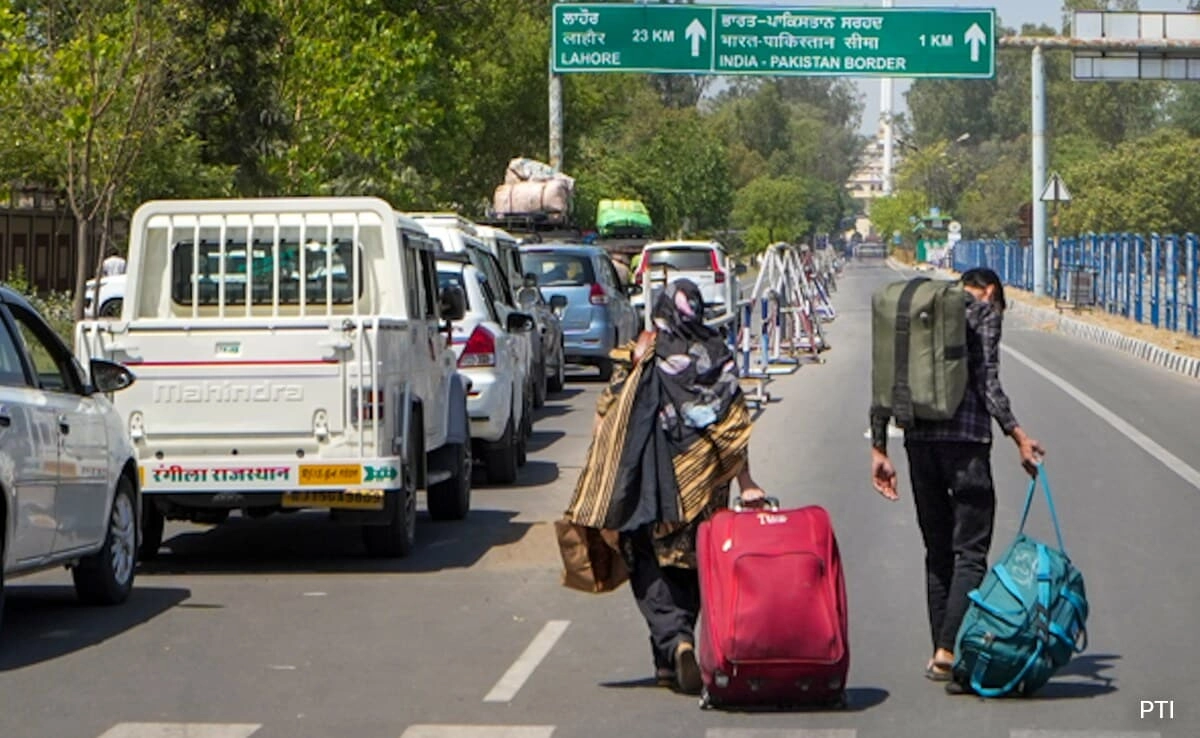In a distressing incident that has drawn significant attention, a woman from Meerut was compelled to hand over her children to her estranged Pakistani husband at the Attari border. This event has sparked outrage and concern regarding the complexities of cross-border marriages and the legal implications that often accompany them. The woman, who initially sought refuge in India after facing difficulties in her marriage, found herself in a heartbreaking situation when she was compelled to comply with a court order that mandated the return of her children to their father.
The backdrop of this case includes a tumultuous relationship that began with hopes and dreams but deteriorated over time. As the woman navigated her life in India, she faced the challenges of cultural differences, legal hurdles, and emotional turmoil. The decision to return the children to their father was not made lightly; it involved a legal process that highlighted the intricate web of international family law. The woman’s plight raises important questions about the rights of mothers in cross-border marriages and the protective measures available to them.
This incident not only highlights the personal tragedy of one family but also underscores the broader issues faced by many individuals in similar situations. The complexities surrounding international marriages, custody battles, and the enforcement of court orders across borders can lead to painful separations and emotional distress. As this case continues to unfold, it serves as a reminder of the need for more robust legal frameworks that protect the rights of all parties involved, particularly the vulnerable ones, such as children and mothers who may find themselves caught in such dilemmas.
As discussions surrounding this case gain momentum, it is crucial to consider the implications for policy changes that could prevent similar occurrences in the future. Advocates for women’s rights and child welfare are calling for a reevaluation of current laws and practices that govern cross-border family disputes. The emotional toll on families involved in these situations cannot be overstated, and there is a growing consensus that more safeguards are needed to ensure that the best interests of children are prioritized above all else. The Meerut woman’s experience is a poignant reminder of the challenges faced by those navigating the complex intersection of love, law, and cultural differences in a globalized world.




